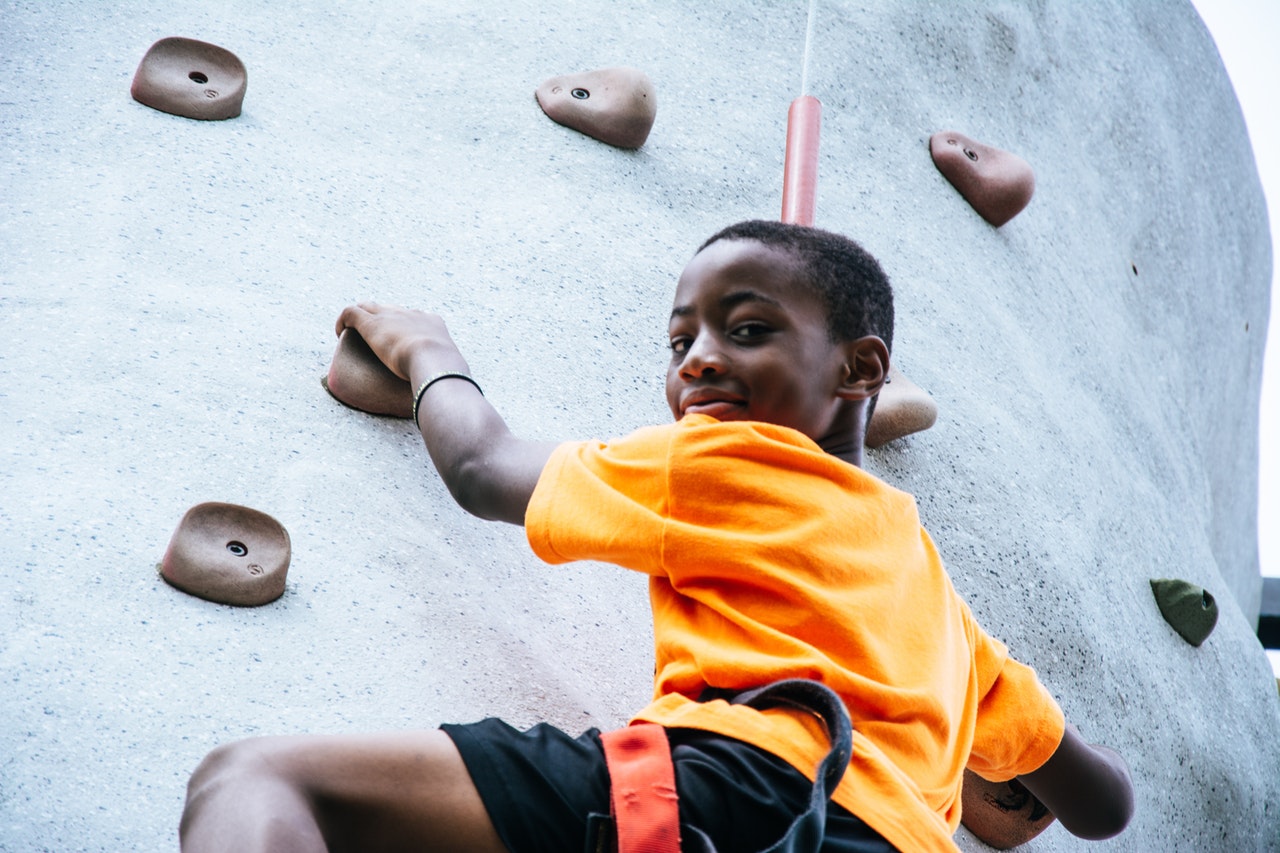Features
Queenette Enilama: Enhancing Children’s Productivity & Well-Being Through Play Therapy

Play therapy uses the fun and engaging nature of play to help children work through emotional, behavioural, and psychological difficulties. It creates a secure and comforting space for kids to express their emotions, thoughts, and life experiences through play. Even for adults, playing is a therapeutic activity that allows for the exploration of the mind. However, in today’s digital age, playing has become limited to electronic devices, with little physical interaction. Play is an important tool for children to learn new ways of communication and problem-solving, as they are naturally curious and love to explore.
Emotional Enhancement
Research has shown that play therapy can be incredibly beneficial in aiding children to overcome emotional obstacles such as grief or trauma. As a result, this can lead to enhanced success in other aspects of their lives. It’s essential to understand that play doesn’t have to be limited to games.
Play therapy provides a unique way for children to process and express their emotions. By engaging in play, children can act out and make sense of their experiences, which helps them gain a deeper understanding of their emotions. They may say things like, “I felt extremely happy today” or “I was sad because I felt left out during playtime.” This process promotes emotional well-being by providing a healthy outlet for emotional expression and reducing stress and anxiety levels.
Social Skills Development
Engaging in play therapy is an essential way for children to develop and improve their social skills. While playing, children learn how to interact with others, build negotiation skills, take turns, and resolve conflicts in their own way. It’s a beautiful thing to watch, and it helps us appreciate the wisdom that children possess. Through imaginative play scenarios, children can practice empathy, cooperation, and communication skills. These social interactions within the play therapy setting help children establish a strong foundation of social skills that they can use in their everyday lives. As a result, children who participate in play therapy often show improved social competence, which can lead to better performance in school, improved relationships with peers, and more effective decision-making. I remember playing with every child on my street, and my house became a popular spot for parents to pick up their kids. We always found something to bond over, and I still have good relationships with those childhood friends. This skill was built from our play interactions.
Cognitive Development
Play therapy is not only beneficial for emotional and social development but also for cognitive growth. Through play sessions, children can improve their problem-solving, decision-making, and critical-thinking skills. They also learn to plan, organise, and execute their play ideas, which enhances their cognitive abilities. Moreover, play therapy stimulates creativity and imagination, which are crucial for cognitive development. Engaging in imaginative play allows children to explore different perspectives, think abstractly, and develop flexible thinking skills. These cognitive benefits of play therapy positively impact a child’s academic performance and overall productivity. As a child, I loved climbing trees and playing in the rain. I often imagined that the branches and leaves were having conversations and wondered if the roots were providing enough water. My curiosity led me to speak to my dad about my findings, and he gave me an encyclopedia about plants to read. Playing in the rain was particularly enjoyable for me as I discovered a sweet smell that the sand produced when it rained. Although I may have ended up eating sand on a few occasions, playing helped me learn all of these things.
Self-esteem and Confidence Booster
Another significant aspect of play therapy is its positive impact on a child’s self-esteem and confidence. By engaging in activities they enjoy and excel at, children experience mastery and accomplishment, leading to increased motivation and productivity. Play therapy provides a supportive and non-judgmental environment, helping children develop a positive self-image and belief in their abilities, which translates to various aspects of their lives.
Playing is therapeutic and creates a safe space for children to express themselves. It equips them with tools to overcome challenges and thrive in their personal and academic lives. During play, children navigate and come up with solutions on their own, which increases their curiosity and enthusiasm for learning. We should recognise the importance of play therapy and encourage it more often, even with the use of technology. It can involve exploring nature, playing with sand, or any other activity that sparks curiosity and increases learning motivation. All work without play, as they say, makes Jack a dull boy!
***
Featured Image by Ahshea Media for Pexels






















